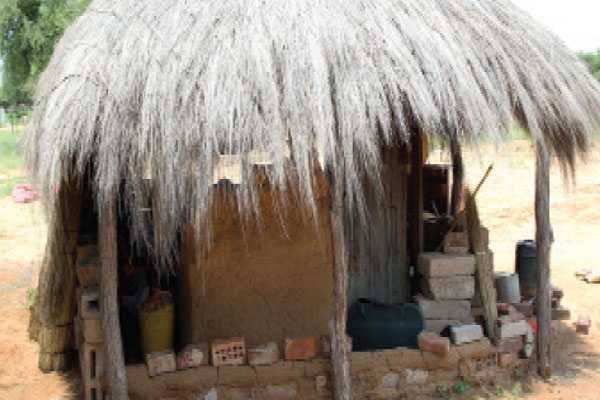Poverty to decline by 0.5% yearly - report
The Macro Poverty Outlook Report for Botswana compiled by the World Bank Group indicates that the country is expected to reduce poverty by 0.5 percentage annually, to 11 percent by 2019.
It says over the medium term, achieving further poverty reduction will however be challenging with the pace of progress constrained by limited private sector job creation, particularly in urban areas. The report further highlights that the reliance on low productivity agricultural jobs in rural areas, combined with reduced credit growth and high levels of household indebtedness are major drawbacks in tackling poverty.
“The economy remains vulnerable to external shocks, and thus structural reforms remain critical to manage volatility and sustainability risks,” the report suggests. These include reforms in the water and energy sectors, as well as policies that address labour market distortions to spur private sector job creation. Investment is also needed in infrastructure and human capital.
The report says that additional efforts to improve the business environment and to relook at immigration policies could help to encourage competition. Since its moderate recovery in 2016, Botswana’s economy expects gains for the medium-term, with real GDP growth of more than 4 percent through 2019.
According to the report, growth will be driven mostly by mining sector activity as commodity prices increase, followed by manufacturing, construction and the services sectors. “Botswana who is heavily dependent on commodity exports and public sector activity, will remain exposed to external shocks.
“Therefore, a key risk facing the economic outlook arises from potentially slower-than-expected recovery of global demand for commodities including diamonds.”
For example, a slowdown in major economies, notably in China, would further constrain diamond and other commodity production, with spill-over effects across government revenues and the retail and services sectors.
The report reflects that as a result continued delays in upgrading electricity and water infrastructure will dampen non-mining activity, especially in the manufacturing sector.






